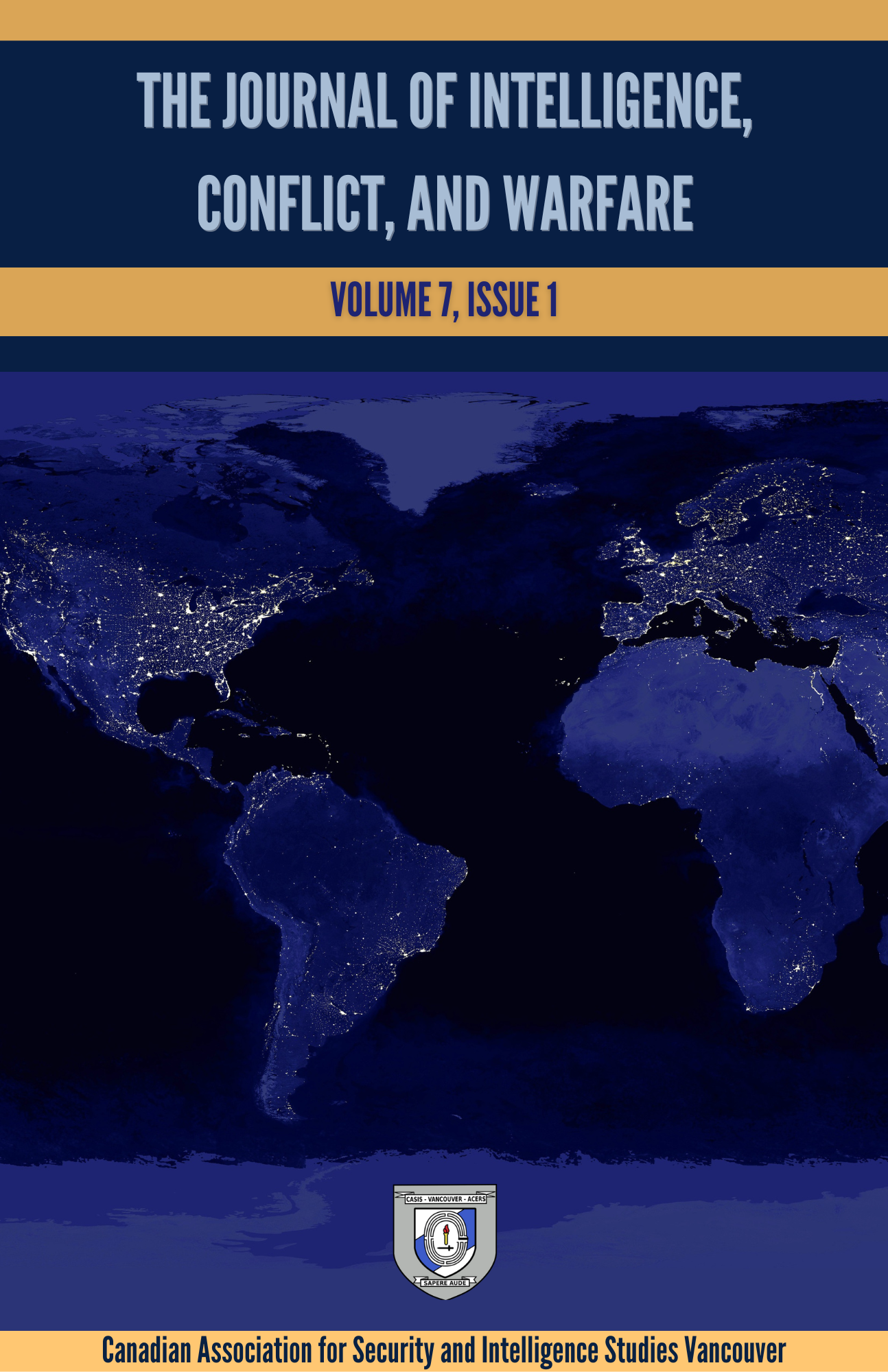Abstract
As technology has advanced and our world has become increasingly interconnected, cyberspace has become a key battlefield in great-power competition. The Indo-Pacific has found itself vulnerable in this new reality – the paucity of institutions, heterogeneity in levels of development, and the region being the primary zone of US-China competition fueling these vulnerabilities. Cyberspace provides a multitude of security threats posed by states, non-state actors and state-sponsored actors. Despite this, cybersecurity takes a backseat to other security issues despite its critical importance. Using the concept of neo-middle power diplomacy, this paper examines why the limited cybersecurity cooperation among middle powers in the Indo-Pacific has taken the shape it has. This paper finds that the two most promising areas of cooperation for middle powers are through confidence building measures and capacity building measures. Through actively pursuing these two measures, middle powers can become more effective, capable, and autonomous stakeholders within the Indo-Pacific.
Received: 03-17-2024
Revised: 05-03-2024

This work is licensed under a Creative Commons Attribution-NonCommercial-NoDerivatives 4.0 International License.
Copyright (c) 2024 Thomas Murphy, Stephen Nagy
